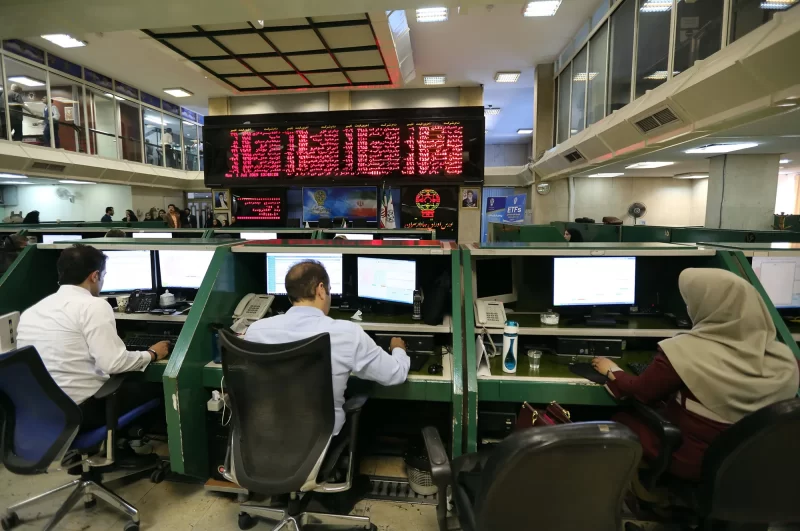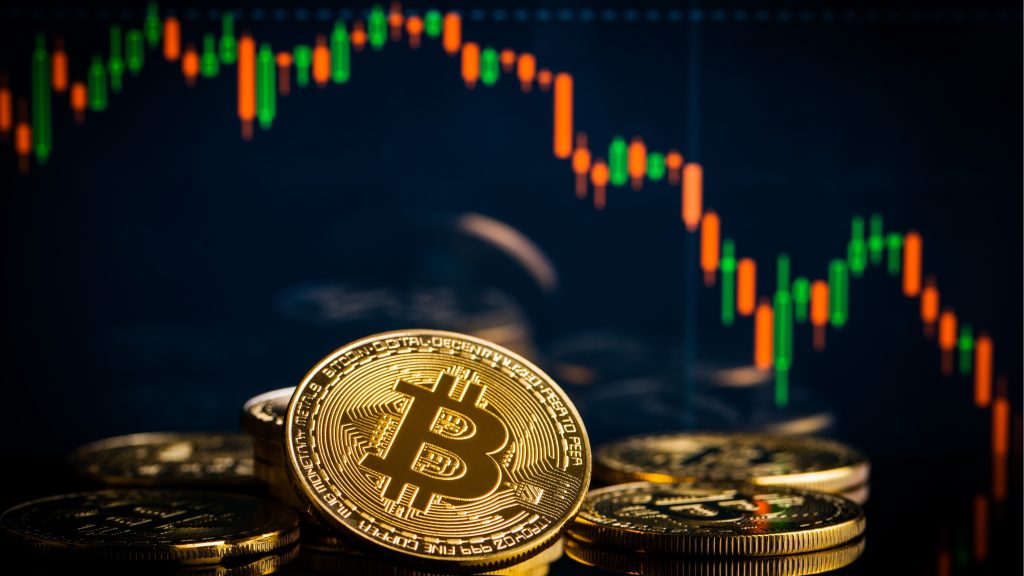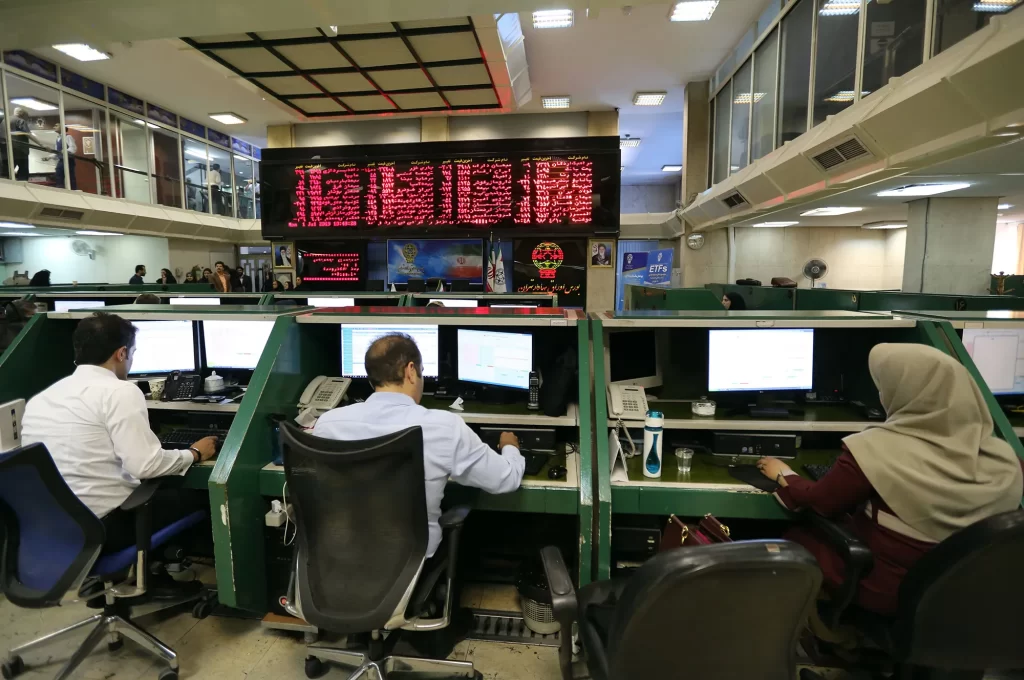Determining your trading risk tolerance is essential for developing a personalized investment strategy. It's about gauging how much risk you're comfortable with to achieve your financial goals. This understanding is crucial for everyone in the investment spectrum, from beginners to experienced traders. Risk tolerance influences your investment decisions and the overall direction of your financial journey. This guide aims to illuminate the core aspects of risk tolerance, such as assessment methods, the role of asset allocation, and tactics for balancing risk with potential returns.
Assessing your risk tolerance involves a deep dive into your financial objectives, time horizon, and comfort level with market fluctuations. It's a cornerstone of financial planning that helps in selecting the right mix of investments to construct a diversified portfolio. Understanding your risk tolerance assists in managing investment risks while striving for investment gains. By aligning your investment choices with your risk profile, you can navigate the complexities of the market more effectively, aiming for a harmonious balance between risk and reward.
What is Risk Tolerance in Trading?

Risk tolerance embodies the level of fluctuation in investment returns an individual can comfortably endure. This personal trait dictates the extent of risk one is prepared to accept, spanning from low to high risk tolerance. Recognizing your own risk tolerance level is pivotal in creating an investment portfolio that mirrors your investment objectives and time horizon. It serves as a foundational element in financial planning, ensuring that investment choices are both sustainable and aligned with your long-term financial aspirations.
Understanding risk tolerance is more than just a preliminary step; it's a continuous part of investment decision-making. As your financial goals evolve or market conditions change, so too might your comfort with risk. This makes the assessment of risk tolerance a recurring necessity, ensuring that your investment strategy remains in harmony with your changing preferences and life circumstances. By keeping a keen eye on your risk tolerance level, you can better navigate the investment landscape, optimizing your portfolio for both growth and resilience.
Also Read: Risk Management in Forex Trading
Types of Risk Tolerance

Conservative Risk Tolerance
Investors with a conservative risk tolerance prioritize capital preservation over high returns, leaning towards lower risk cash investments and fixed income securities. Their main goal is to minimize the potential for loss, which steers them away from the uncertainties of the stock market. Such investors are best suited for bank or credit union savings accounts, money markets, and bonds, where the focus is on steady, reliable growth rather than speculative gains.
Moderate Risk Tolerance
Individuals with a moderate risk tolerance seek a balanced approach to investing, spreading their assets across various asset classes. They are prepared to endure short term volatility in exchange for the prospect of long term investment gains. This middle-ground strategy involves a mix of stocks and bonds, aiming to strike a balance between risk and reward. It's an ideal path for those who desire growth but are cautious of taking on too much risk.
Aggressive Risk Tolerance
Aggressive investors exhibit a high risk tolerance, ready to embrace significant market fluctuations for the chance of substantial returns. They predominantly invest in high risk investments, including stock funds, emerging markets, and technology stocks, targeting larger portfolio growth. This approach is tailored for individuals who are financially secure and can afford to risk major losses in pursuit of high rewards, often with a longer investment horizon.
How to Assess Your Risk Tolerance

Financial Goals and Time Horizon
The alignment of your investment horizon with your financial goals is critical in shaping your risk tolerance. For individuals with long-term goals, such as retirement planning, there's the leeway to embrace more risk, benefiting from the compounding effect of investment gains over an extended period. On the flip side, short-term objectives, like saving for a down payment, demand a conservative approach, prioritizing capital preservation to ensure the availability of funds when needed. This strategic alignment ensures that your investment choices support your financial aspirations without undue risk.
Investment Experience
An investor's past experiences with the market significantly influence their risk tolerance. Those who have weathered market downturns and volatility with resilience often develop a higher risk tolerance, equipped with the knowledge and confidence to tackle aggressive investment strategies. In contrast, newcomers or those who've experienced negative outcomes may prefer a more cautious approach. Seasoned investors‘ ability to remain steadfast or even capitalize on market fluctuations underscores the impact of experience on risk preferences.
Financial Situation and Risk Capacity
Risk capacity stands apart from risk tolerance, focusing on the tangible ability to bear risk based on one's financial situation. It necessitates a thorough assessment of your financial health, considering emergency reserves, debt levels, and income stability. Understanding your risk capacity ensures that your investment strategy does not jeopardize your financial security, allowing you to take on investment risks that are manageable within the context of your overall financial landscape. This pragmatic evaluation helps in crafting an investment approach that is both ambitious and grounded in financial reality.
Asset Allocation and Diversification

Asset allocation is a strategic approach to diversifying investments across various asset classes—such as stocks, bonds, and cash—to balance risk and reward in line with an individual's risk tolerance. This method enables investors to spread their capital across different sectors and investment types, minimizing the impact of poor performance in any single area on the overall portfolio. By carefully selecting a mix of assets, investors can optimize their potential for returns while keeping risk at a manageable level, catering to their unique financial goals and risk appetite.
A diversified portfolio plays a critical role in mitigating investment risk, helping to smooth out market fluctuations and protect against significant investment losses. Diversification isn’t just about adding different assets; it’s about choosing investments that react differently to the same economic events, ensuring that a downturn in one sector doesn’t spell disaster for the entire portfolio. This strategic allocation of resources across different assets is key to achieving a balanced investment approach, making it possible to pursue growth opportunities while safeguarding against the unpredictability of markets.
Strategies for Different Risk Tolerances

Conservative Investors
Conservative Investors prioritize stability and capital preservation, gravitating towards low risk investments like money markets, bank or credit union accounts, and fixed income securities. These investment vehicles are favored for their reduced sensitivity to market fluctuations, offering a safer haven for those who are risk-averse. Conservative investors seek consistent returns over time, valuing the security of their capital above the potential for high returns.
Moderate Investors
Moderate Investors strike a balance between risk and reward by blending fixed income assets with equities. Their portfolios often feature a combination of stock funds known for reliable growth and bonds to mitigate risk. This approach allows for potential growth through equities while maintaining a level of protection against market volatility, appealing to those who are comfortable with some risk but still prioritize financial stability.
Aggressive Investors
Aggressive Investors aim for maximal growth by targeting high risk investments. They are willing to embrace the possibility of major losses in exchange for the chance at significant investment gains. Investing in emerging markets, technology stocks, and other volatile assets, aggressive investors seek to rapidly increase their portfolio size, relying on their financial resilience and long-term investment horizon to weather the inherent risks of their choices.
Conclusion
Determining your risk tolerance is a critical step in financial planning. It ensures that your investment strategy is aligned with your individual risk tolerance, investment objectives, and financial situation. Carefully investing according to your risk profile can help achieve a balanced investment portfolio, mitigating investment risks while striving for future results. Remember, many investors find that their risk tolerance evolves over time, necessitating periodic reassessment to ensure alignment with their changing financial goals and life circumstances.
Also Read: What is Risk Appetite in Forex Trading?
FAQs
What Determines an Investor's Risk Tolerance?
Risk tolerance is influenced by several factors including financial goals, time horizon, investment experience, and financial situation. Long-term goals and a longer investment horizon may allow for a higher risk tolerance, while short-term needs might necessitate a more conservative approach. Seasoned investors with a history of navigating market ups and downs tend to have a greater risk tolerance compared to novices. Additionally, one's financial stability and capacity to absorb losses significantly impact their risk tolerance.
How Does Asset Allocation Contribute to Investment Success?
Asset allocation is critical for balancing risk and reward within a portfolio, according to an individual's risk tolerance. By diversifying investments across different asset classes (stocks, bonds, cash), investors can reduce the impact of market volatility on their overall investment. This strategy spreads risk and potential for returns, making it a cornerstone of successful investment management. Effective asset allocation helps in achieving a more stable and potentially profitable investment outcome.
What Investment Strategies Suit Conservative, Moderate, and Aggressive Investors?
- Conservative Investors: Focus on low-risk investments like money markets, bank accounts, and fixed income securities. These options offer stability and are less affected by market fluctuations.
- Moderate Investors: Opt for a balanced mix of fixed income and equities, including stock funds with steady growth and bonds to mitigate volatility.
- Aggressive Investors: Aim for high-risk investments in emerging markets and technology stocks for the chance of substantial gains, acknowledging the risk of significant losses.






















